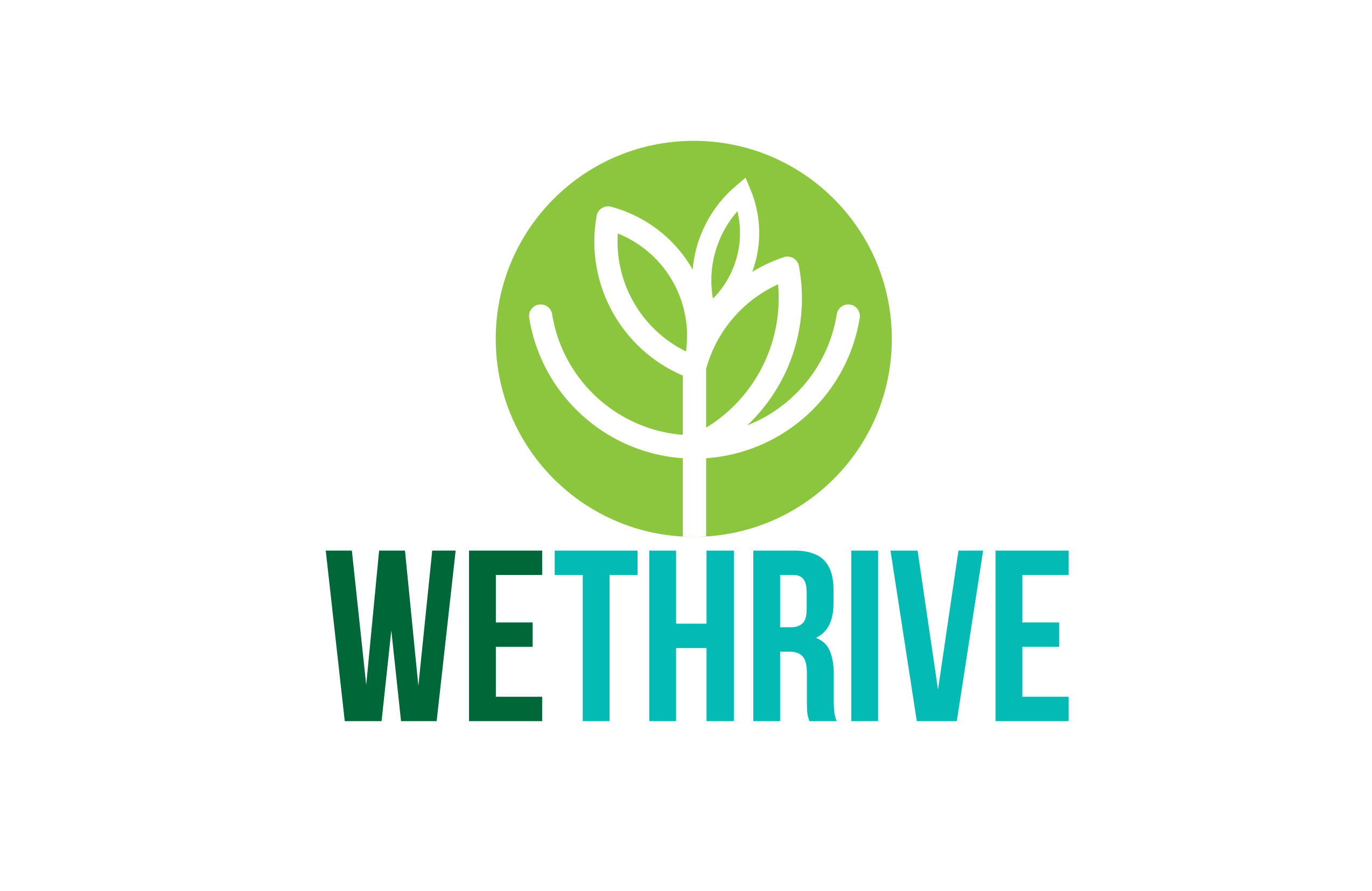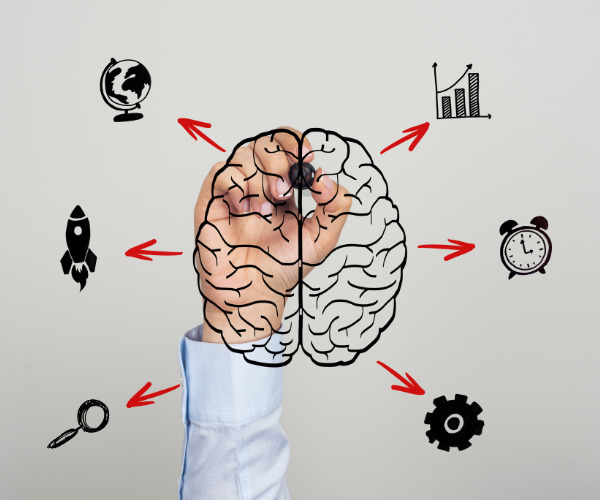The onset of popular Christmas songs tells us that connecting with our loved ones brings
happy memories and joy amidst the holiday rush.
However, for some of us dealing with mental health challenges and difficult situations, Christmas songs and the concept of celebrating the holidays can bring painful emotions. We may be uncomfortable when pressured to “pretend” or appear happy and embrace the festive spirit. We may even feel difficult emotions such as guilt and shame when we have to prioritize ourselves and our mental health. Some of us may be dealing with loss, being away from loved ones, conflicts in relationships, and daily challenges such as financial and physical stress.
For students, additional stress and anxiety could mean abrupt or difficult changes in routine, navigating family dynamics and expectations to “perform” for others, and sometimes having to share academic achievements and deal with comparisons.
For adults, parents, and employees alike, this could mean additional responsibilities that can increase physical, emotional, and mental exhaustion while managing conflicting feelings.
Hence, preventing burnout and finding your balance from the push and pull of the holidays is significant. We can harness our inner strength of Self-compassion to build our resilience and moments of joy during the holidays. According to Kristin Neff, this means (1) treating ourselves with kindness despite the painful emotions we may be going through, (2) having a sense of common humanity in our struggles, and (3) practicing mindfulness while seeing our experiences from a compassionate and balanced perspective.
Research shows that practicing self-compassion and healthy emotional boundaries increases emotion regulation and well-being, which helps us genuinely connect with family and friends during the holidays.
Here are 5 tips to celebrate this holiday season with self-compassion:
1. Be gentle with yourself and take time to listen to your emotions.
Acknowledge your feelings with kindness and curiosity. Treat yourself with compassion and understanding when holiday activities prompt difficult and painful feelings. Start by observing, describing, and participating in your emotions without judgment and pressure to “pretend” otherwise. Remember that feelings and emotions come and go, and it is a natural human experience to feel these in light of the challenges that you may be going through. Recognize the pattern that starts to emerge when you are beginning to react. Instead, respond to your emotions with awareness and self-validation:
● “It makes sense that I am feeling this way.”
● “It makes sense that I am feeling different than others may expect me to, and that is okay.”
● “I am not my emotions. My emotions come and go. It does not define me. I can cope.”
2. Self-soothe to relax and cope with the stress.
We can be there for ourselves by practicing mindfulness of our emotions and body sensations to create a sense of safety amidst the holiday stress and pressures. This also helps in modeling emotion regulation to others. When feeling overwhelmed, practice self-soothing techniques, such as breathing and emotional grounding exercises, to return to the present moment. Self-compassion means treating ourselves as a friend in stressful times. Part of this intention is to care for ourselves and accept our emotional experiences as they happen.
● Pause and take a self-compassion break.
● Practice deep and affectionate breathing exercises.
● Practice Loving-Kindness Meditation.
3. Prioritize and set your boundaries
To understand our comfort level and build moments of joy, evaluate what’s important to you and your mental health. Do things mindfully and one at a time. Manage your expectations. It is okay to delegate or ask for help. Keep the holidays in perspective and set boundaries to balance your to-do lists and emotional needs. Putting our priorities into action and communicating them means taking care of ourselves first and managing our capacity to care for others.
● Start by writing a list of what truly matters to you and your intentions (“What I am going to do” and “What I am not going to do”).
● Know your limitations and practice radical acceptance to enhance self-compassion when learning to delegate and saying “no.”
● Remember that you can step back when you need to by being mindful of your expectations and limitations.
4. Reframe your thoughts and soften your critical voice
Step back from self-judgment and notice negative self-talk. Talk to your critical voice as if talking to a friend. Soften your critical voice by responding with kindness and compassion. Be curious and respond with a reassuring and loving tone. Show physical kindness and warmth to yourself by practicing compassionate self-hug and reframing through compassionate self-talk.
● Ask yourself: “What are my emotions trying to tell me right now?”
● “It makes sense that you are worried about me. You want to look out for me but are taking a harsh approach. Could you let my inner compassionate self say a few words now?”
5. Seek support and meaningful connections.
We are not alone in experiencing painful emotions during the most joyous time of the year. Feelings of sadness, loneliness, frustration, and even anger are a part of human nature that everybody goes through at some point in our lives, and they can happen even during the holidays. Reminding ourselves that we are a part of a community may help lessen our tendency to withdraw and self-isolate. When we are compassionate to ourselves and others, we can also be more authentic and confident in participating in holiday activities.
● Seek out or stay in therapy for additional support.
● Reach out to a friend or your loved ones and specifically connect with supportive individuals within your circle.
● Interact with others and in holiday events positively and within your set boundaries. ● Volunteer to engage your empathic nature and enhance your mood with positive actions.
● Join support groups that help you increase your sense of community with others.
Remember that finding balance in celebrating despite adversities encourages us to respect our feelings while enjoying what we value during the holidays. We can find gratitude in small things and embody a gentle and compassionate holiday.
Sources:
- American Psychological Association. (2023, November 30). Tips for parents on managing holiday stress. https://www.apa.org/topics/parenting/holiday
- American Psychological Association. (2023, November 30). Holidays don’t have to mean excess stress. It’s time to reframe your thoughts.
- https://www.nationwidechildrens.org/family-resources-education/700childrens/202 3/12/how-adults-can-help-children-prevent-and-decompress-from-holiday-stress ● Hendel, H.J. (2020, November 25). Surviving painful holiday emotions. National Alliance on Mental Illness.
- https://www.nami.org/blog-post/surviving-painful-holiday-emotions/
- Mutz, M. (2016). Christmas and subjective well-being: A research note. Applied Research in Quality of Life, 11(4), 1341–1356. https://doi.org/10.1007/s11482-015-9441-8
- Neff, K. (2003). Self-Compassion: An Alternative Conceptualization of a Healthy Attitude Toward Oneself. Self and Identity, 2(2), 85–101.
- Páez, D., Bilbao, M. Á., Bobowik, M., Campos, M., & Basabe, N. (2011). Merry Christmas and Happy New Year! The impact of Christmas rituals on subjective well-being and family’s emotional climate. International Journal of Social Psychology, 26(3), 373–386.
- Velamoor, V., Voruganti, L., & Nadkarni, N. (1999). Feelings about Christmas, as Reported by Psychiatric Emergency Patients. Social Behavior & Personality: An International Journal, 27(3), 303–308




